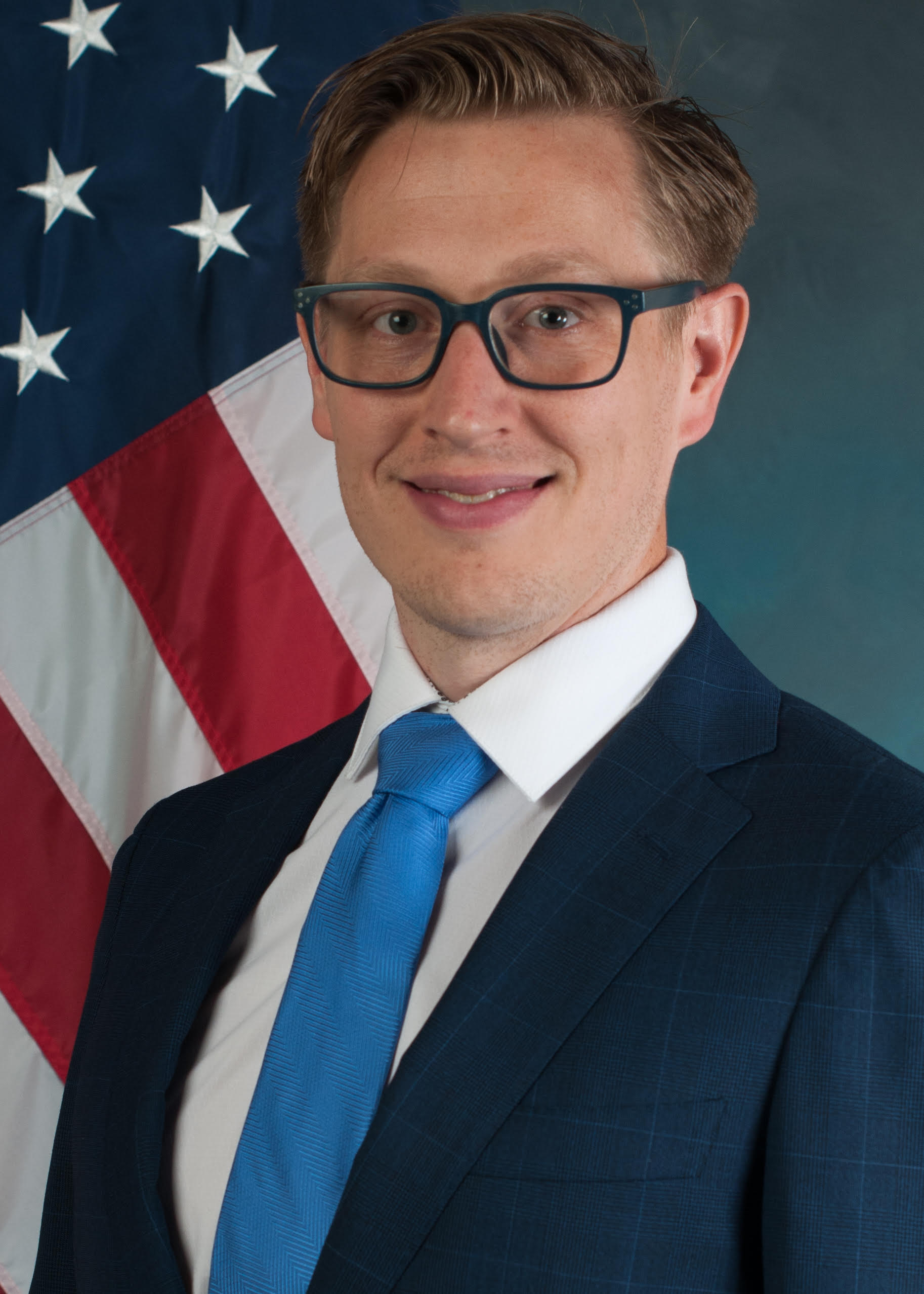Steven Putansu, PhD (Federal Government)

I split my time as a public servant at the US Government Accountability Office (GAO); a professorial lecturer at American University; and a public management scholar. I try, as much as I can, to find connections between research and practice, and across academic fields and disciplines, to advocate for thoughtful development and use of policy knowledge in government decisions. This means finding a balance between often competing goals and working to ensure that considerations of the four pillars of economy, effectiveness, efficiency, and social equity are incorporated throughout decision making, policy implementation, strategic management, and evaluation processes.
I have been a dedicated public servant for over ten years. This role has given me the opportunity to generate and analyze evidence to support results-oriented policy and effective, efficient, and equitable governance. My methodological contributions have ensured rigorous technical standards in hundreds of GAO performance audits, helped provide policymakers with high-quality information for overseeing federal programs, and supported the best use of taxpayer dollars. I am so proud to be a part of the team at GAO, where I am surrounded by other dedicated and committed public servants working to improve federal government spending, processes, management, and outcomes. GAO has given me the opportunity to work in dozens of policy areas, and I am always excited to understand and try to find opportunities to improve federal programs across the spectrum of policy. That said, two of the contributions I am most proud of are 1) Evidence-Based Policy and 2) Policy Coherence.
I have supported many GAO engagements that have reviewed the use of strategic planning, performance management, evaluation, and evidence-based policy to support and improve decision making across the government. This has given me an appreciation for evidence that is sufficient and appropriate for different purposes, for the values and tradeoffs among different methodological approaches, and for the continued importance of ideological, interest, and institutional influence on decision making. This work helps ensure that federal programs generate and use strong evidence to support their decisions. It also gave me many important insights for my book, which assessed how policy knowledge works in concert with political factors in decisions about federal education policy.
Over the past ten years, GAO has built a body of work on fragmentation, overlap, and duplication (DOF, for short) in the federal government, and I have been lucky to be a part of this work for nearly the entire time. This work comprehensively looks at the effects of DOF – both positive and harmful – and thoughtfully considers how actions to reduce, eliminate, or better manage these areas can improve how government works. This body of work has led to over $400 billion in financial benefits for the federal government, and numerous non-financial improvements to the planning, coordination, and implementation of fragmented, overlapping, and duplicative programs.
There are many amazing public servants and academics on twitter! You can follow me at @steveputansu – then check out who I follow to find some real superstars!